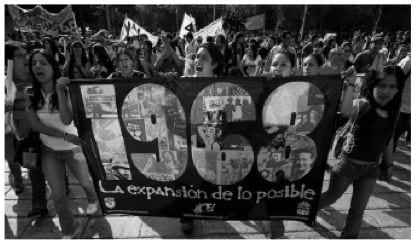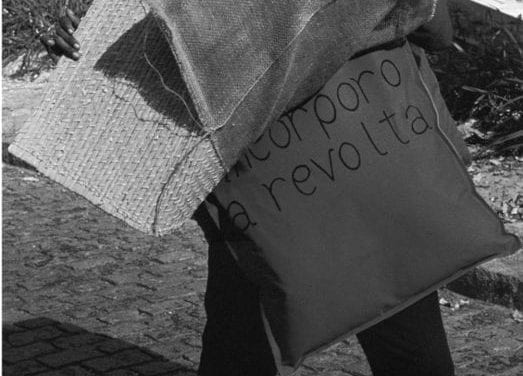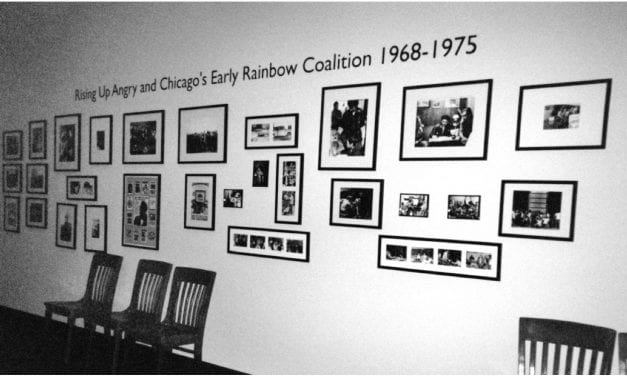Revolution by Osmosis: A 60s Remembrance
I grew up in the peaceful paradise of Costa Rica. I can picture myself as a 13-year-old in 1960, a rebellious teenager with little self-esteem growing up in the exuberant tropical landscape surrounded by mountains, volcanoes and the sea. The big commotions of the 1960s that would shake the world did not reach us. The first tremors that heralded in the Cuban revolution, student movements, Vietnam and the feminist movement …










